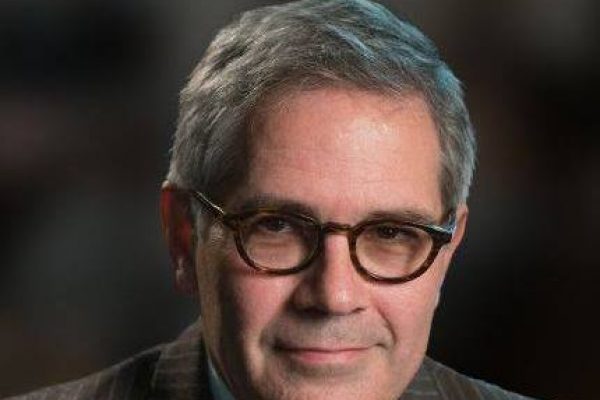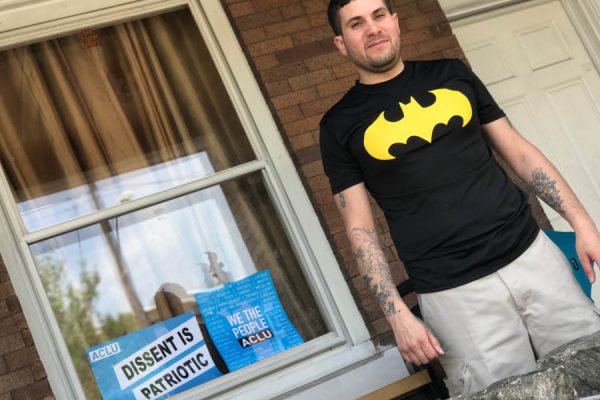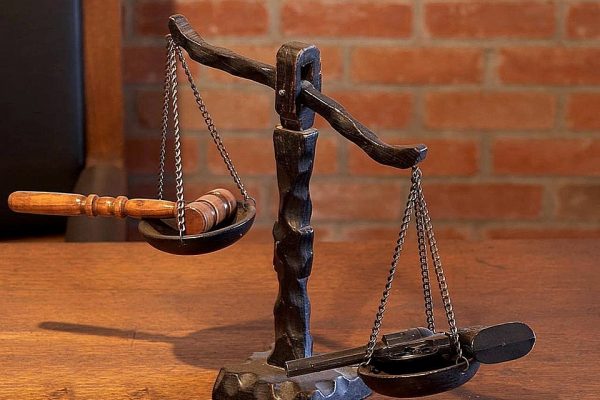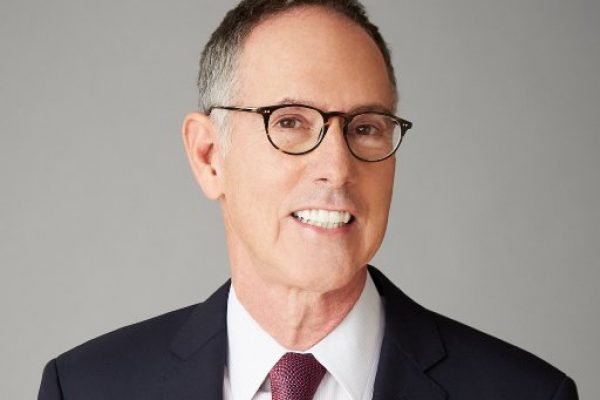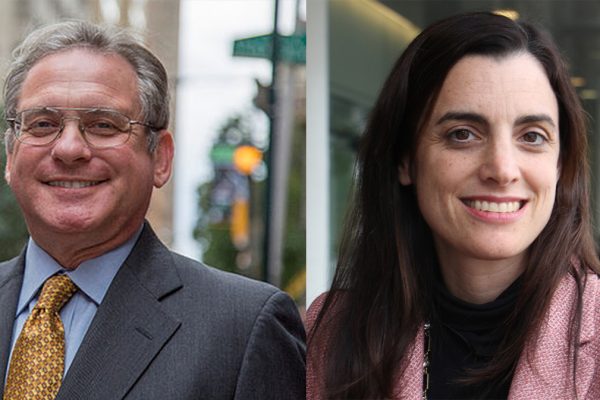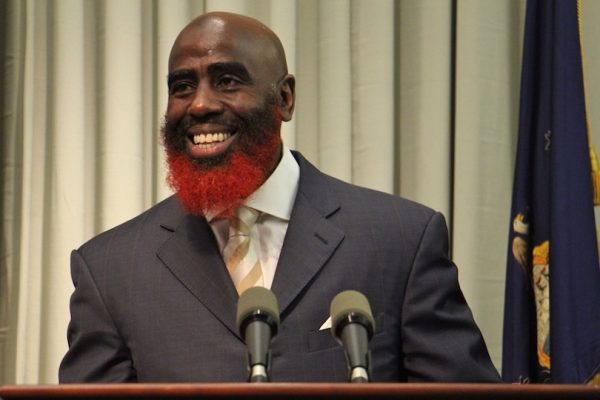Joe Khan: Corruption Buster Aims to Bring His Federal Experience to DA Office
In some small Pennsylvania cities, about a hour or so outside of Philly, you’ll find minor league hockey and baseball players trying to make it to the bigs. You’ll also find minor league mayors, councilmembers and political puppet-masters running their corruption rings too. The federal prosecutor striking them out for part of the last decade has been Joe Khan, and now he thinks he’s ready for the double-dealing, grafting big league in Philly.
After a few years at Philly’s DA office under Lynne Abraham, Khan served as an assistant United States district attorney where he took down corrupt politicians in Reading and Allentown. Now he seeks to take over an office he could have just as easily been prosecuting himself if he stayed on with the Feds.
He says his federal experience sets him apart from his opponents and helped him understand what he can accomplish as a DA.
“We really got to fully realize the awesome power that a prosecutor’s office can have to change society for the better,” Khan said. A lifelong Democrat, Khan said, “Government is there to make people’s lives better, to solve problems that we can’t solve on our own.”
In that vein, Khan’s goal is to tackle bigger issues. “Tackling problems like gun violence, not just one gun case at a time, but dealing with a larger issue of gun violence in Southwest Philadelphia,” which Khan did as a coordinator of the Violent Crime Impact Team when he began his time with the Feds. That holds true for government corruption.
“Not just dealing with one corrupt official in Allentown, or one corrupt official in Reading, but entire corrupt administrations and systems in each of those cities,” he said, adding that human trafficking is another issue to take on this way.
Khan is familiar with Philadelphia’s DA’s office too, having served under Lynn Abraham. Now he says the office is currently in crisis. Part of his solution is accountability and transparency. “[One problem] is our current DA’s refusal to create a publicly accessible manual that states certain principles and policies of the DA’s office,” he said. “We did this at the U.S. Attorney’s office. There was no resistance to it. We welcomed the opportunity for the public to know what we were doing.”
Another ethics initiative of Khan’s is open file discovery, which is basically sharing evidence with defense attorneys. “The final piece is making sure you have a DA who’s accountable,” Khan said. “We can’t have a situation anymore where the DA is running away from the press.” Khan added he would be interested in a weekly radio show. (Hey, Joe, Spirit News has one on Wednesdays at 6PM on 106.5 FM!)
Of course, many Philly residents, beaten down and long used to corrupt officials and secretive, unresponsive government offices, would just like a clean, crime-free community to live in. Khan is proud of his Philly roots and connections. He lives in Roxborough with his wife and two young sons, in an area with some of the city’s lowest gun violence rates. His parents raised him in Bustleton, another relatively safe Philly neighborhood (he joked that his Muslim dad and Catholic mom did the best thing they could and moved to a Jewish neighborhood). All of his pre-college education came in Philadelphia public schools.
Problems in the Riverwards range from property crimes in Northern Liberties to human devastation due to the opioid crisis in Kensington. How does a Philly DA attack a major problem like heroin and still make people in relatively safe neighborhood feel like they matter?
In terms of neighborhoods that see a lot of folks looking to get high, Khan thinks the DA’s Office should be out of the loop. “While that is bad for our neighborhoods and bad for our city, I see that as more of a public health issue than a criminal justice issue,” he said. He pointed to a new process being tested in the 22nd and 39th Police Districts in which those caught buying drugs for themselves are taken directly to treatment. The plan could save the courts and DA’s Office time and resources on prosecutions that essentially end up in the same place — treatment.
Khan wants to focus on dealers and “stopping people from bringing that poison into our [neighborhoods],” he said, adding that doctors illegally prescribing drugs — also known as Pill Mills — are a big problem. “We need to start taking those cases… [and] not be afraid of losing” due to the difficulty of such cases, which he says the current DA fears. Khan says he would even include pharmaceutical companies as defendants if necessary.
For summary offenses that other neighborhoods experience, Khan said, “We need to have a balance. We’re not condoning that kind of behavior, but when the police make arrests… seeking the maximum sentence” doesn’t necessarily “achieve the deterrence you want.”
Khan also wants to reform civil forfeiture by eliminating the financial incentive the DA’s Office has in doing that. Currently the office can keep the proceeds obtained when someone is accused of a crime, which presents a conflict of interest. He also wants to reform the bail system so that poor people are not stuck in jail awaiting trial simply because they can’t afford bail.
In maintaining fair elections the District Attorney can be in an awkward spot. He or she may need a ward leader’s support to get reelected, but see election irregularities on Election Day. “The first thing you have to do is be fearless and focused in your approach to all issues, whether it’s election fraud or anything else,” he said. “You can’t be afraid to… make difficult decisions just because you could create political vulnerabilities for yourself. If that’s how you conduct yourself, you have no business being in public service.”
